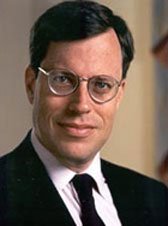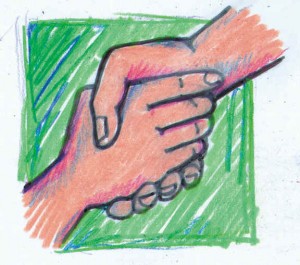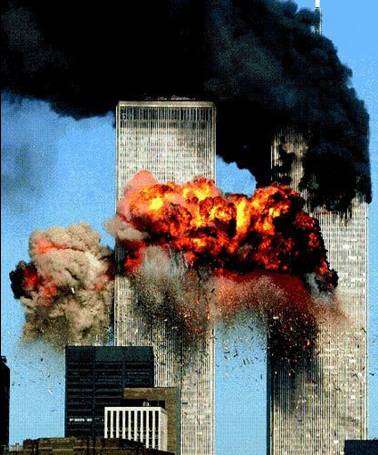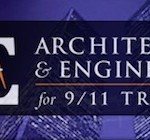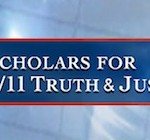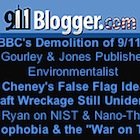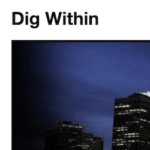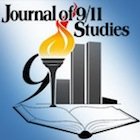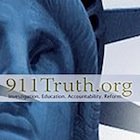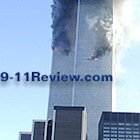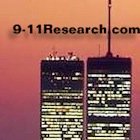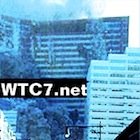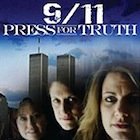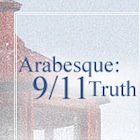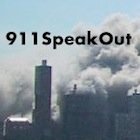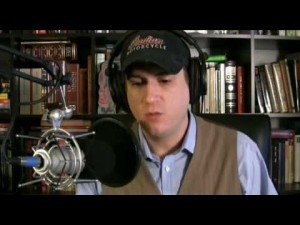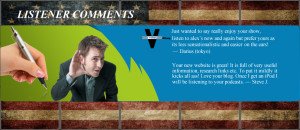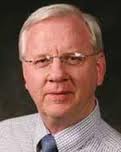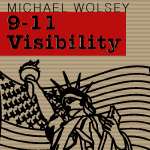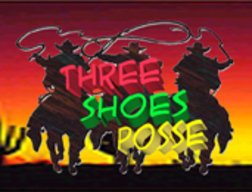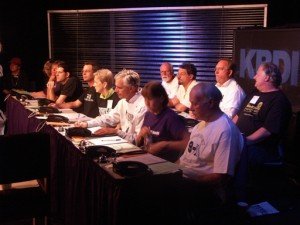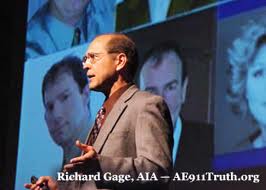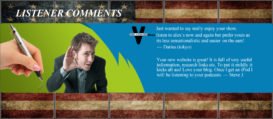Journal of 9/11 Studies Letter: Disinformation and Misinformation
By Arabesque
Abstract:
Disinformation and Misinformation are defined and discussed. Five levels of disinformation as defined by Jim Fetzer, as well as a sixth type of my own are defined and described. It will be argued that the intent involved in the promotion of misleading arguments is irrelevant since misinformation and disinformation equally harm our ability to discern the truth about 9/11. Relevant concepts including the straw-man fallacy, special pleading, ad-hominem, appeals to authority, poisoning the well, non-falsifiable theories, and other fallacies are discussed. This paper argues that disinformation is the “major obstacle” in discovering and disseminating the truth about 9/11. If we are going to discover the truth about 9/11 we have to discover what is not true. The latter is frequently supported by disinformation and misinformation.
Excerpt:
How can we discover the truth about 9/11? Is it possible to be led astray by misleading and incomplete interpretations of evidence? What is disinformation and how does it affect 9/11 research? For those interested in the truth about 9/11, evaluating evidence and explanations are essential considerations.
Disinformation is commonly defined as “deliberately misleading information.” According to Jim Fetzer, “disinformation… should be viewed more or less on a par with acts of lying. Indeed, the parallel with lying appears to be fairly precise.”
A similar concept called misinformation is defined by Scholars for 9/11 Truth and Justice:
“Misinformation is information that is incorrect but not necessarily an attempt to mislead. Misinformation often arises from poor research, biases, and misinterpretations.”
While disinformation requires motive and intent; misinformation does not. Jim Fetzer explains:
“While ‘misinformation’ can be simply defined as false, mistaken, or misleading information, ‘disinformation’ entails the distribution, assertion, or dissemination of false, mistaken, or misleading information in an intentional, deliberate, or purposeful effort to mislead, deceive, or confuse.”
The result is the same; the truth is obstructed with “misleading” information. How can we tell if someone is intentionally trying to mislead us? Is intent relevant? Not if the truth about 9/11 can be obfuscated by any misleading arguments regardless of intent. We do not need to distinguish intent to show that misinformation and disinformation equally harm our ability to discern the truth. Therefore, we should equally understand and combat both misinformation and disinformation.
[…]
Fifth Type of Disinformation:
“The fifth level of disinformation appears to occur when a source presents information that has been deliberately selected to misrepresent, distort or abuse sources with the intention to mislead. Citing only evidence that is favorable to one side as if no contrary evidence exists is known as SPECIAL PLEADING. The key aspect of fifth degree efforts is creating—usually by writing—entire new works (books and article), because of which it has the character of FABRICATING EVIDENCE.”
Fourth Type of Disinformation:
“The fourth level of disinformation appears to occur, not when a work (a book or an article) is being written from scratch, but in creating a highly biased impression of a study by simply IGNORING its most significant, important, or relevant features to mislead others about the contents of the work, which is another form of SPECIAL PLEADING.”
Third Type of Disinformation:
“The third level of disinformation occurs by abusing the man (AD HOMINEM) in attacking the author or the editor of a work on irrelevant or misleading grounds that have little or nothing to do with the position the author or editor represents.”
Second Type of Disinformation:
“The second level of disinformation occurs when relevant available evidence that ought to make a difference to a conclusion, hypothesis or conjecture under examination is simply dismissed or ignored. EVIDENCE IS RELEVANT when its presence or absence (physical evidence) or its truth or falsity (testimonial) makes a difference to the truth or falsity of the point at issue.”
First Type of Disinformation:
“The first level of disinformation might equally well be characterized as apparent incompetence by someone who assumes the task of offering criticism but for which he is not well-positioned to provide. This may be due to any number of factors, including lack of mental acumen, specific misunderstandings, or lack of familiarity with relevant evidence (simple ignorance).”
Jim Fetzer defined 5 levels of disinformation. I propose a sixth type:
Sixth Type of Disinformation:
The sixth level of disinformation is the promotion of theories that are unable to be tested or proven with available evidence. Such theories are called non-falsifiable:
[…]
Conclusions
“If they can get you asking the wrong questions, they don’t have to worry about answers.” Thomas Pynchon, Jr.
Those who care about the truth about 9/11 should also care about disinformation and misinformation. All 9/11 “official story” skeptics agree that the 9/11 commission report consists of substantial disinformation.
9/11 disinformation and misinformation have been used to support the ‘official story’, create misleading accounts for what happened, ‘discredit’ alternative accounts, ‘turn-off’ potential ‘official story’ skeptics through “guilt by association”, create never ending debates, discredit honest and credible researchers, and as Thomas Phychon suggests; to leave us asking the wrong questions in an attempt to distract attention away from getting the important answers.
The truth about 9/11 is of primary importance. If we accept this to be true, then it is also true that all misleading arguments are harmful to this cause. Therefore, the intent involved in promoting misleading arguments is irrelevant. Arguments based on disinformation and misinformation will almost always result in false, incomplete, inaccurate, and misleading conclusions. As Jim Fetzer suggests in relation to JFK, disinformation is the “major obstacle” in discovering and disseminating the truth about 9/11—the key to unraveling the ‘myth of the 21st century.’
Read full article here:
http://www.journalof911studies.com/letters/Disinformation;DefinitionsAndExamples.pdf



